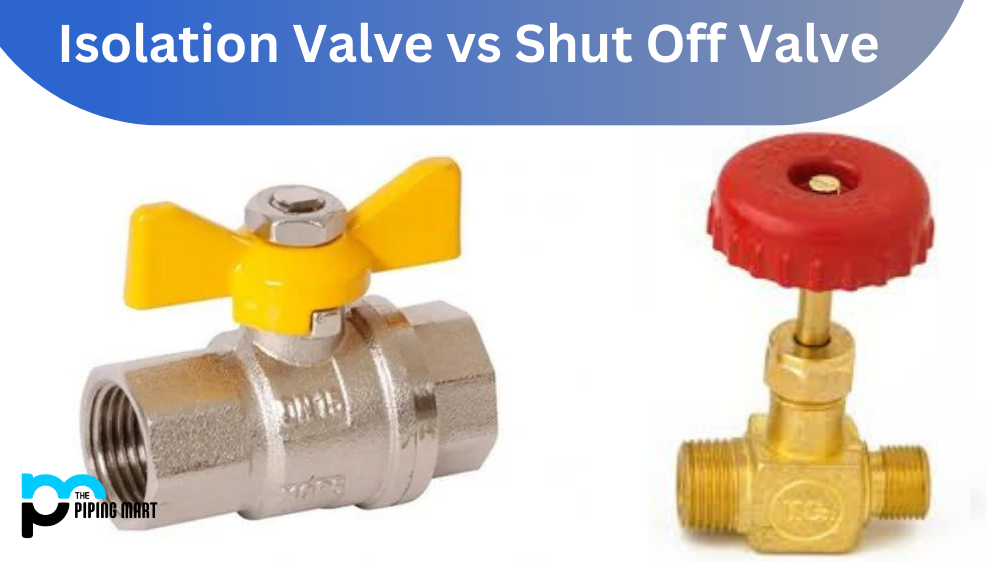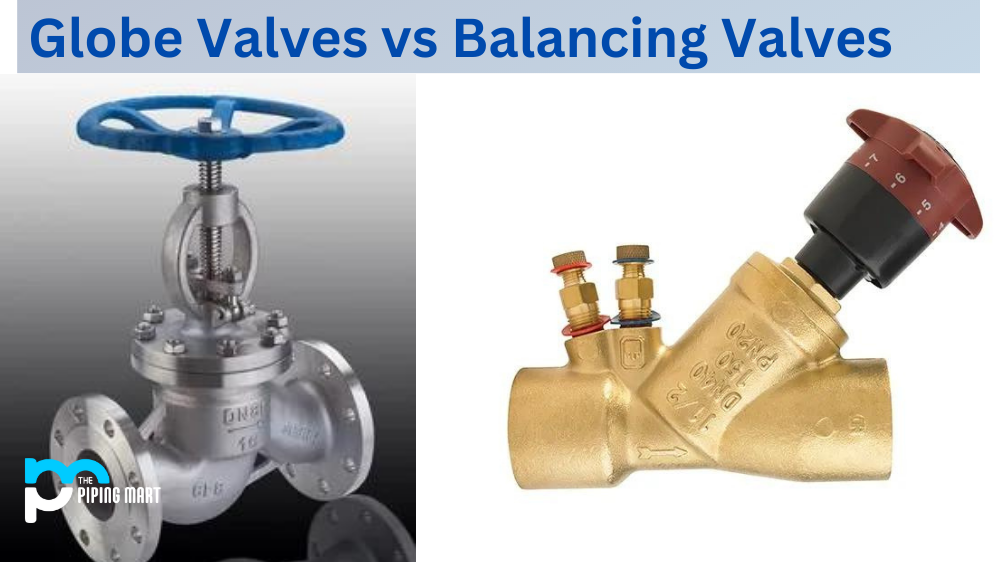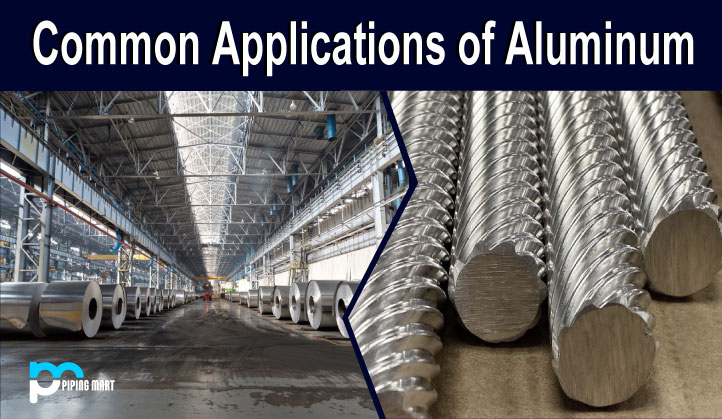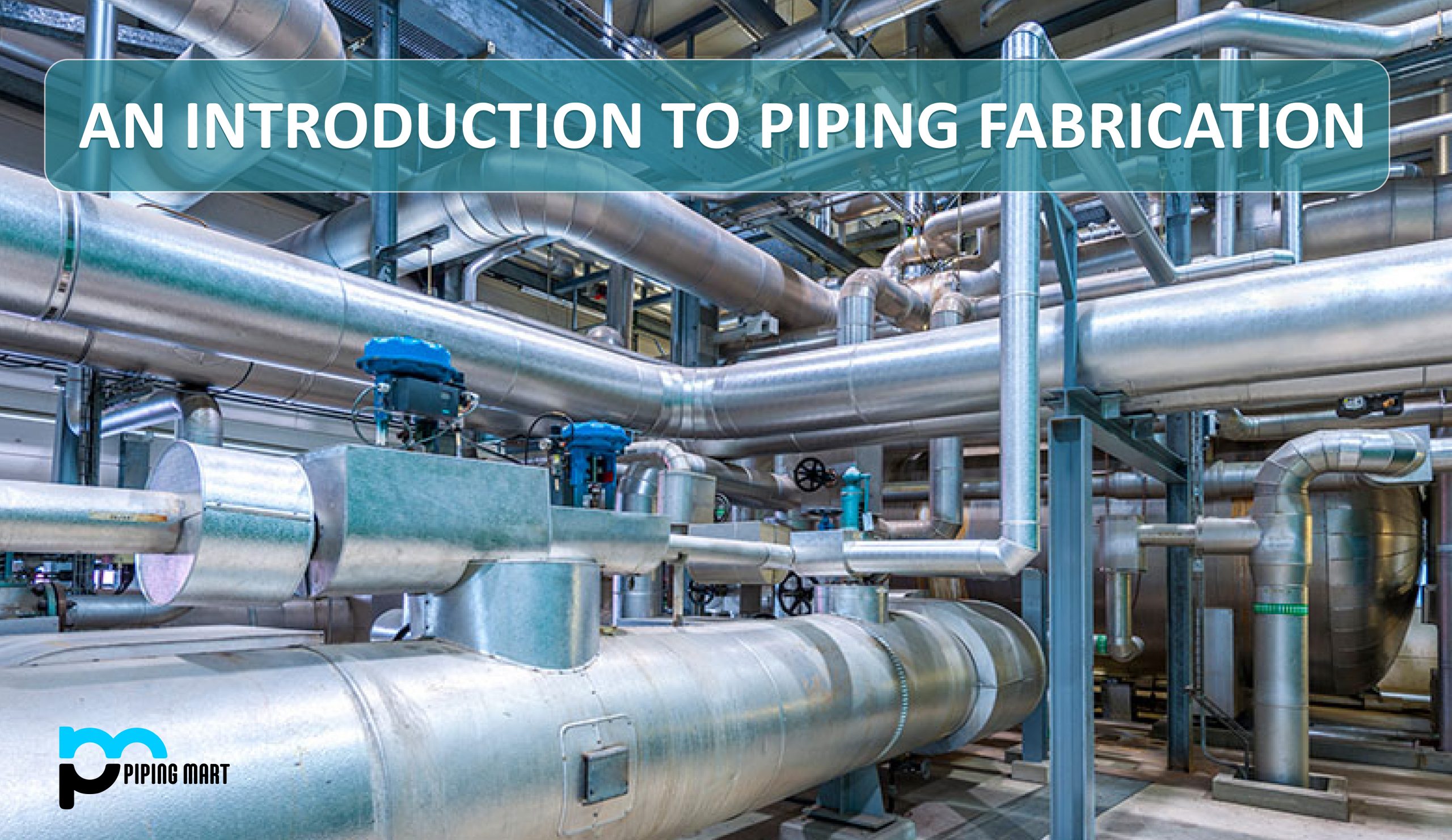Valve systems are essential when controlling the flow of liquids or gases in a pipeline. Two common types of valves are the isolation valve and the shut-off valve. While they may seem similar, they have distinct differences that affect their usage and effectiveness. This blog post will explore the key differences between isolation and shut-off valves and their applications.
What is Isolation Valve?
An isolation valve is designed to block the flow of liquids or gases from a section of a pipeline. Isolation valves are commonly used in large channels where pipeline sections require maintenance, repairs, or modifications. Shutting off these valves stops the flow of liquids or gases in a specific pipeline area, minimizing the risk of extensive damage. One everyday use of isolation valves is to isolate heating system sections in a commercial building during maintenance.
What is Shut Off Valve?
A shut-off valve is designed to stop the flow of liquids or gases in a pipeline. Shut-off valves are typically located close to the point where the channel enters a building or an area where liquids or gases are stored. Shut-off valves are essential when the flow of liquids or gases, such as a gas leak, needs to be stopped quickly. Shutting off the valve will help prevent the leak and protect nearby areas.
Differences Between Isolation Valve and Shut-Off Valve
The main difference between isolation and shut-off valves is that isolation valves are designed to block liquid or gas flow in one direction. In contrast, shut-off valves are used to stop the flow altogether. Isolation valves are also often used in a pipeline section, where shut-off valves are used before a pipeline enters a building or a storage tank. Additionally, isolation valves tend to be more specialized and require in-depth knowledge of the pipeline system.
Applications
The appropriate valve depends on the pipeline system and specific application. Isolation valves are commonly used in larger pipelines, while shut-off valves are used in emergencies, such as gas leaks. Some typical applications of isolation valves include HVAC system maintenance, changing the configuration of the pipelines, and carrying out modifications. On the other hand, shut-off valves are necessary for homes and commercial buildings where a sudden stoppage of flow could be a safety concern.
Choosing the Right Valve
Choosing between an isolation valve and a shut-off valve depends on the specific requirements of the pipeline system. It is essential to work closely with a pipeline system expert to identify the correct type of valve for a given application. This will ensure that the system works efficiently and minimize the risk of costly repairs.
Other Differences
- Isolation valves isolate a section of piping or equipment from the rest of the system.
- Shut-off valves shut off fluid flow in a piping or equipment system.
- Isolation valves are typically used when maintenance or repair work must be done on a system section.
- Shut-off valves are typically used when the entire system needs to be shut down.
- Isolation valves are usually installed in accessible locations to be easily operated.
- Shut-off valves are usually installed in less accessible locations so that they can be operated in an emergency.
- Isolation valves are typically made from materials that can withstand the fluid’s isolation conditions.
- Shut-off valves are typically made from materials that can withstand the conditions of the fluid being shut off.
Conclusion
Valves are indispensable components of pipeline systems, and choosing the right type of valve is crucial for efficiency, safety, and lower operating costs. Understanding the differences between different types of valves, such as isolation and shut-off valves, will help determine which valve works best for the specific pipeline system. When in doubt, it is always helpful to consult an expert who can comprehensively assess the pipeline system to make an informed decision.

A passionate metal industry expert and blogger. With over 5 years of experience in the field, Palak brings a wealth of knowledge and insight to her writing. Whether discussing the latest trends in the metal industry or sharing tips, she is dedicated to helping others succeed in the metal industry.




